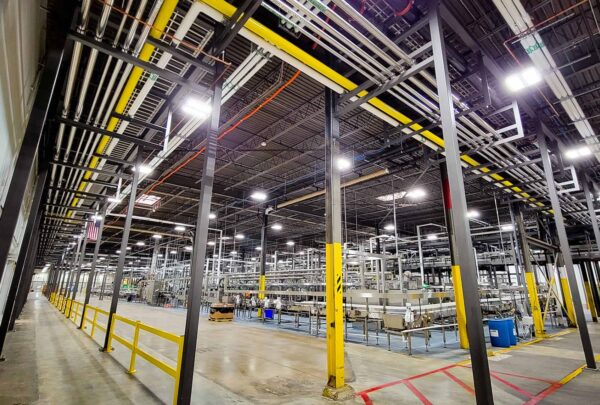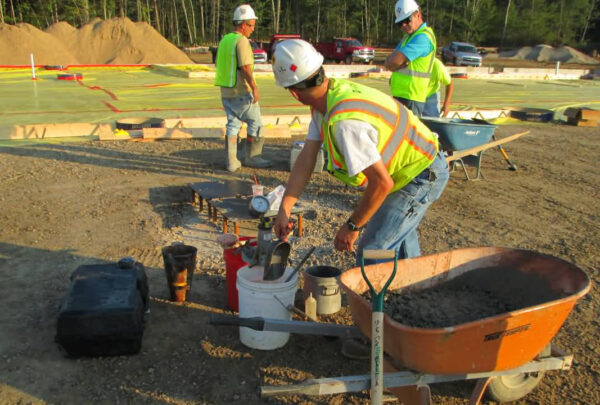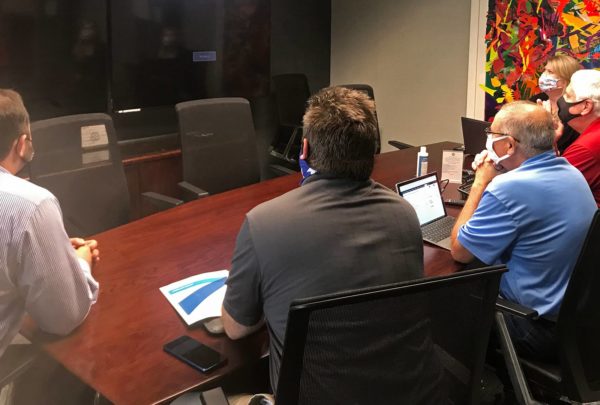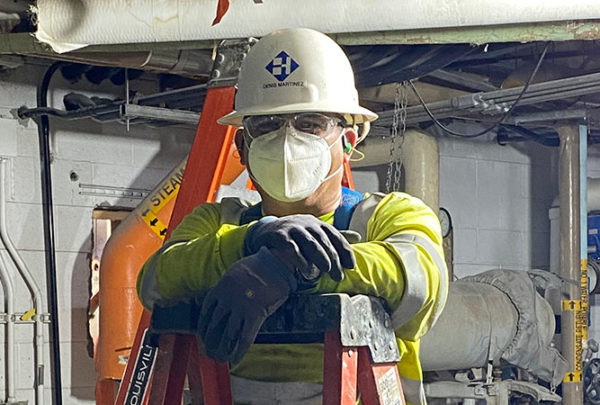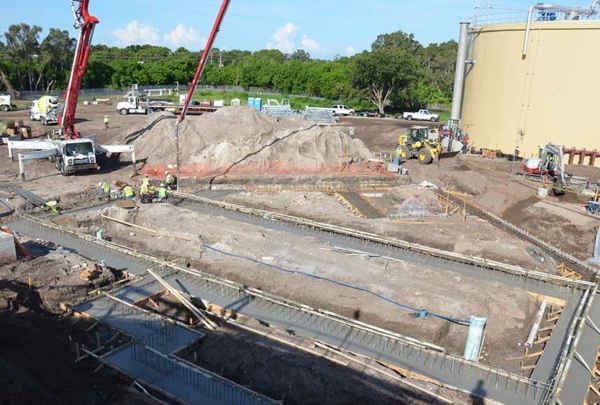
- Locations
- United States
- International
United StatesInternationalAsia Pacific Region
Latin America Region
- Careers
- Contact Us
- Locations
- United States
- International
United StatesInternationalAsia Pacific Region
Latin America Region
- Careers
- Contact Us




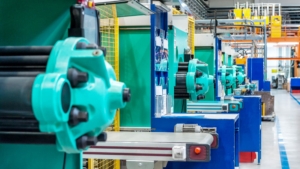



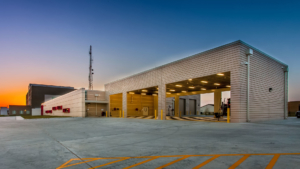



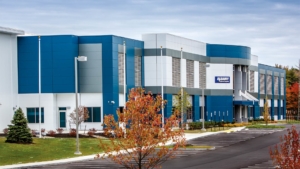
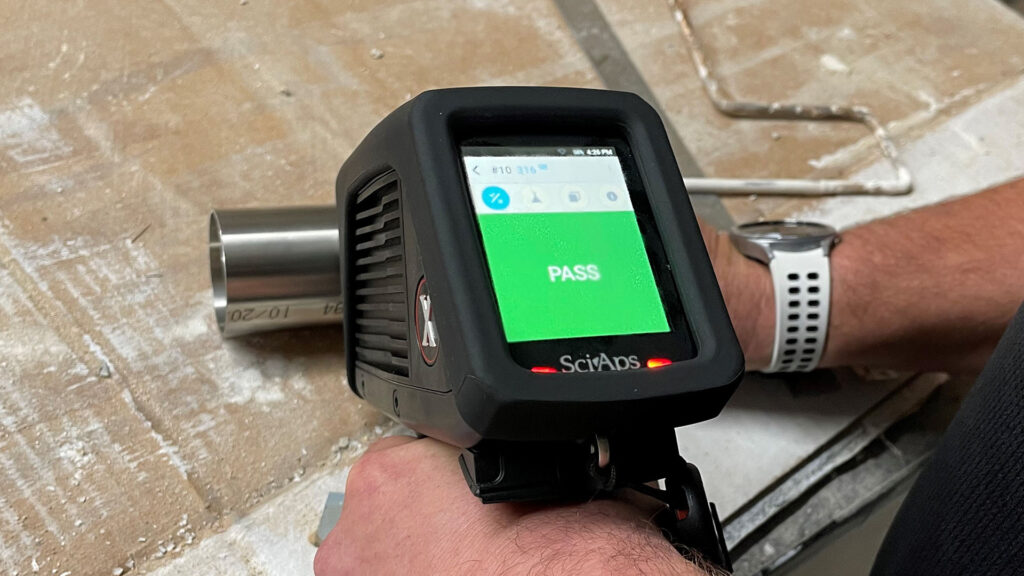
 Promoting and expanding diversity and inclusion is a strategic pillar of Haskell’s long-term vision and is foundational to creating a team member experience of significance, success and satisfaction. Haskell Together is our intentional and consistent initiative to promote open dialogue and bring about positive change.
Promoting and expanding diversity and inclusion is a strategic pillar of Haskell’s long-term vision and is foundational to creating a team member experience of significance, success and satisfaction. Haskell Together is our intentional and consistent initiative to promote open dialogue and bring about positive change.